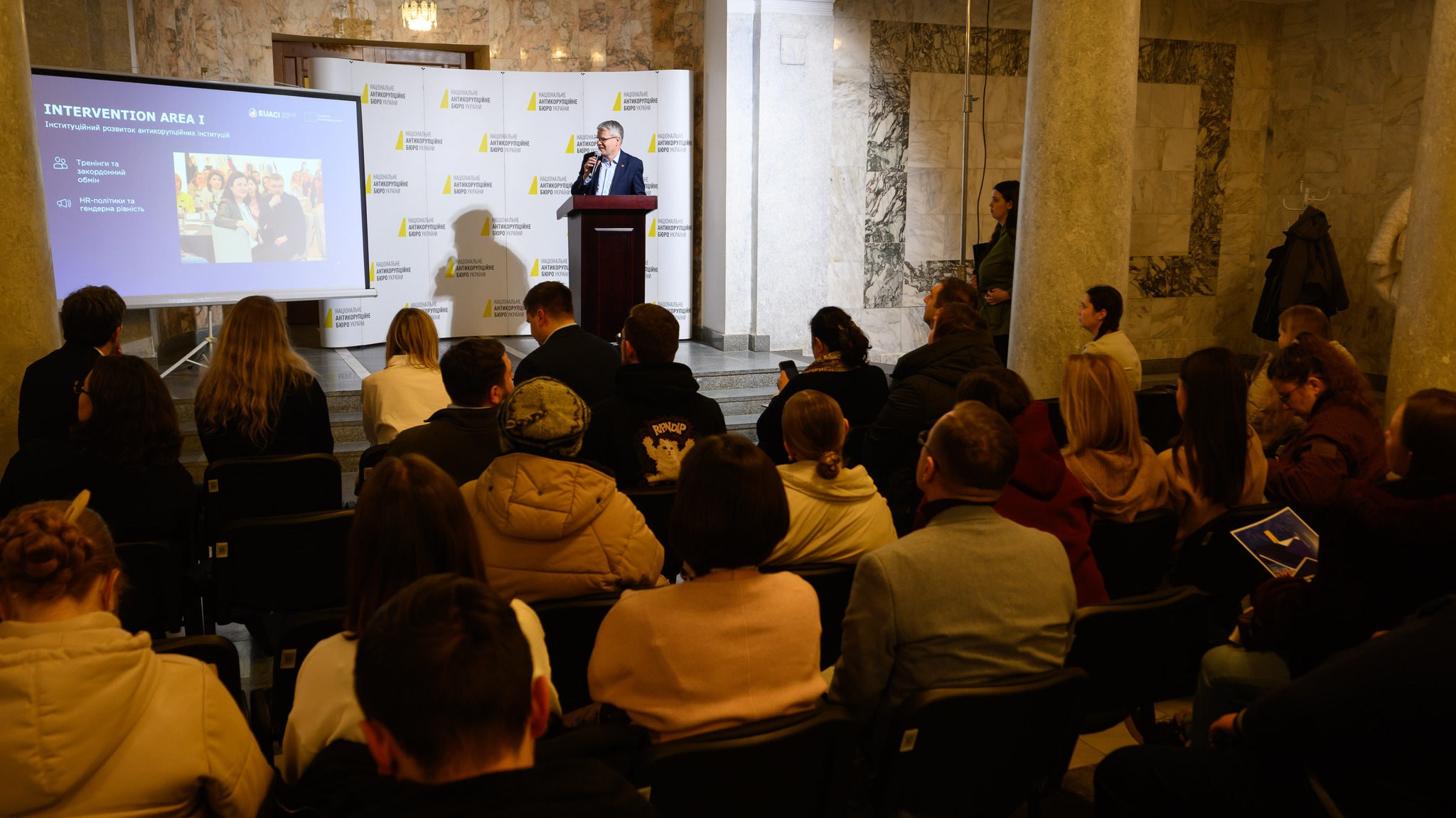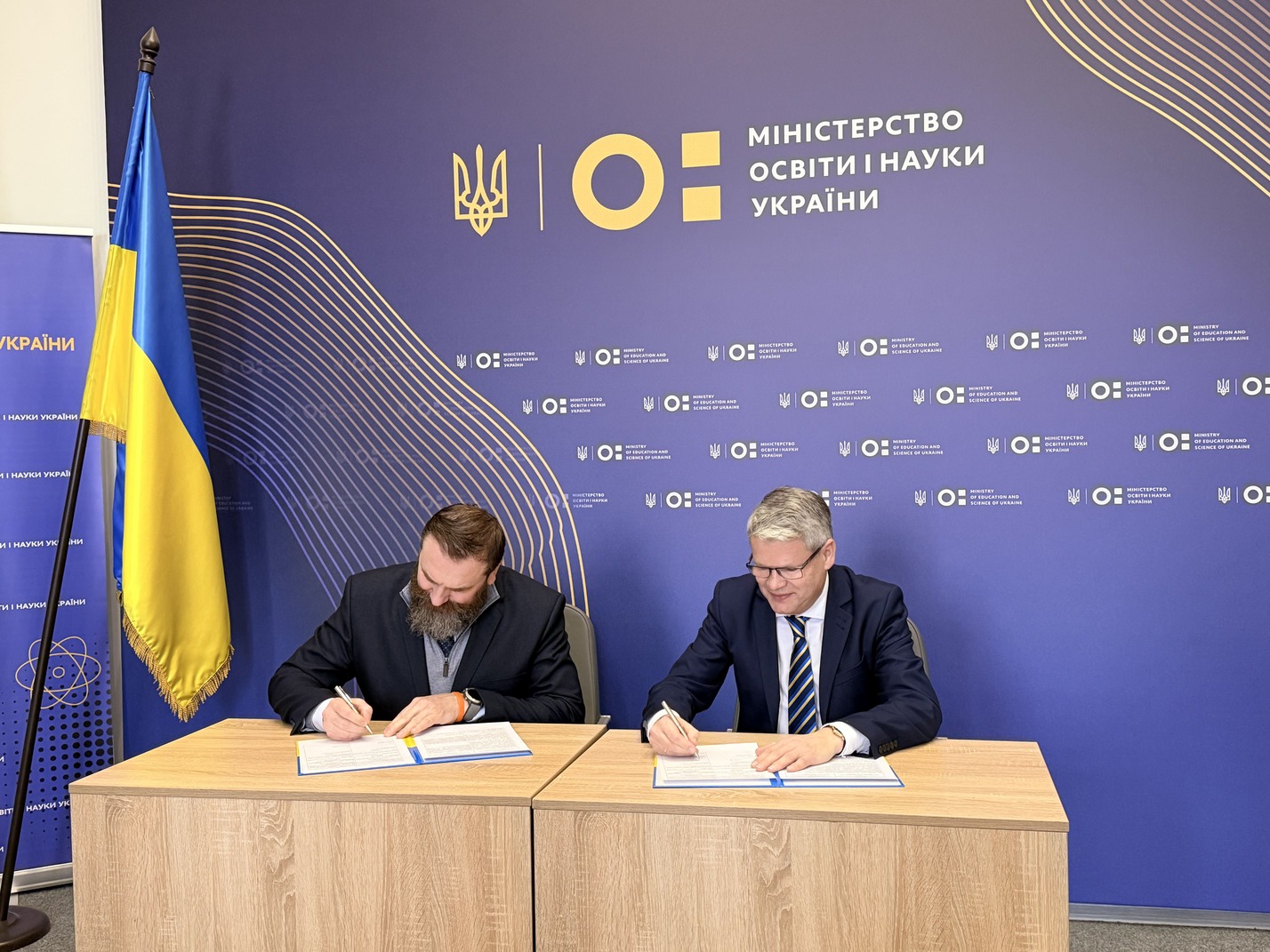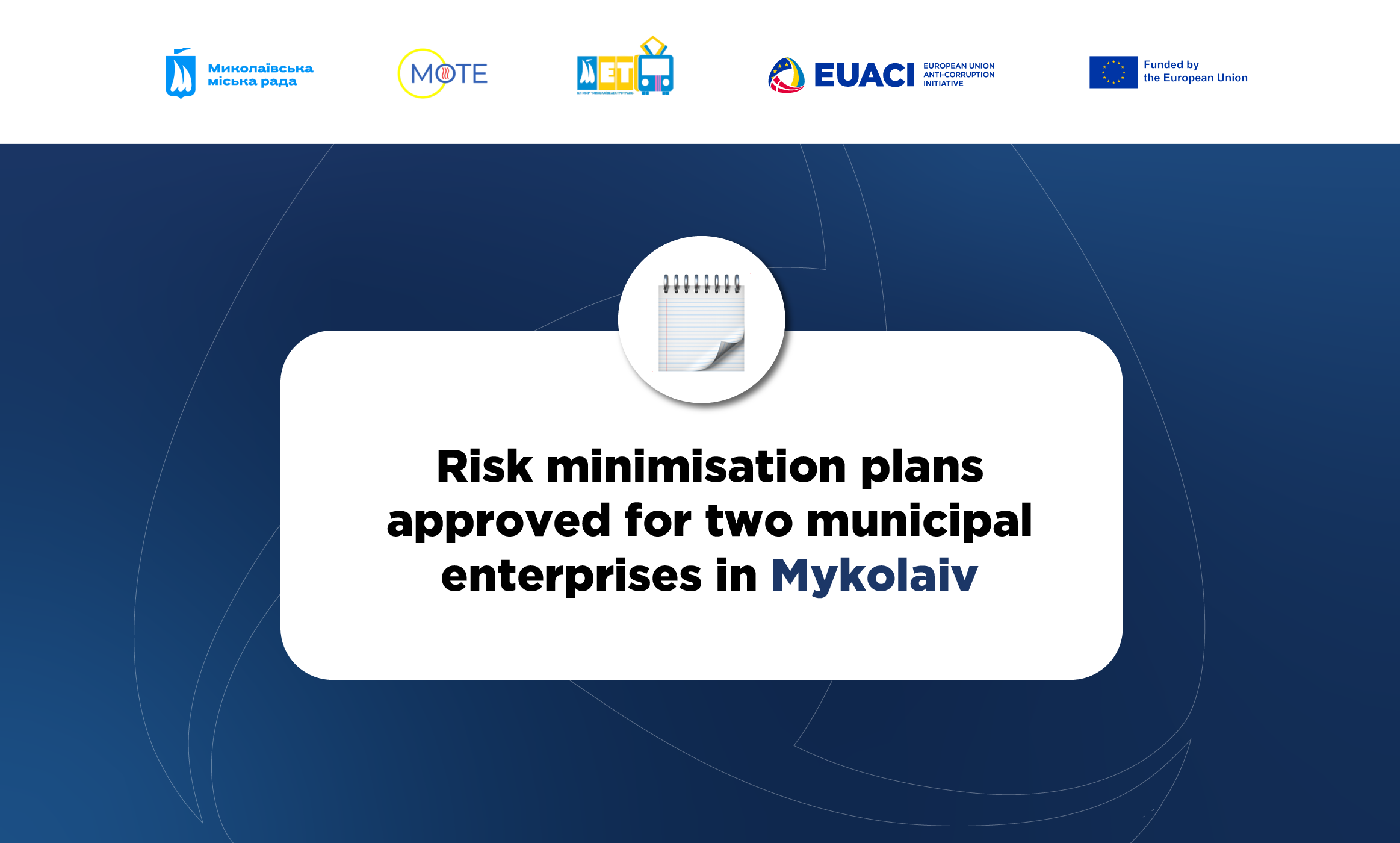
The EU Anti-Corruption Initiative (EUACI) is developing an educational project to introduce the concept and culture of integrity to young people. The active phase of the project will begin in autumn 2021 and will cover students of the Integrity Cities– Zhytomyr, Mariupol, Nikopol, Chervonohrad, and Chernivtsi. A pilot project took place in Mariupol in May.
Allan Pagh Kristensen, Head of EUACI:
“The formation of an integrity culture in society begins with the education of young people. The knowledge, skills, and behavior they acquire now will help to adhere to the principle of integrity later on in life. It will have a positive impact on the development of the local community. It is important for EUACI to give its contribution to ensuring that Ukrainian youth receive a wider range of knowledge and tools of integrity.”
EUACI has now launched a stage of testing the training program among the youth of the Integrity Cities. The program will be further developed by experts from the EU Anti-Corruption Initiative, taking into account the individual needs of schools in all five cities and the developments of leading international organizations, including the Organization for Economic Co-operation and Development (OECD) and Transparency International.
In particular, students of Mariupol Secondary School №51 have already become acquainted with the concept of corruption, learned how to identify it, and analyzed the moral and ethical dilemmas faced by people in everyday life through interactive role-playing.


